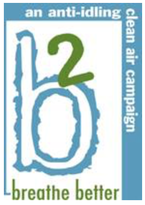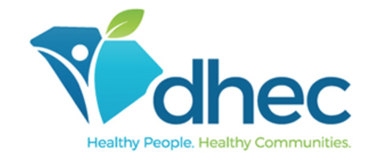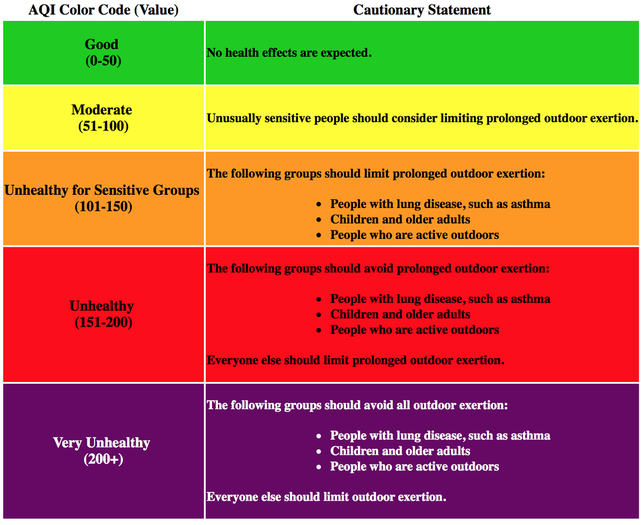The Air Quality Index system reports daily forecasted air quality and how current levels of air pollutants may impact your health. The index is determined primarily by the quantity of ground-level ozone and/or particulate matter. Ground-level ozone is a secondary pollutant generated by the chemical interaction between car (and industry) exhaust and UV light. As UV light is strongest during sunny, summer days, ozone is generated most often during the late spring to early fall. Breathing ozone can trigger many health issues including "chest pain, coughing, throat irritation, and airway inflammation" (EPA, 2019).
Learn more about ground level ozone here.
Learn more about ground level ozone here.
CCES participates yearly in the Breathe Better Program through SC DHEC. As a part of this state initiative to educate the public about air quality, we focus specifically on our air quality on campus. As part of the program, CCES has posted anti-idling signs around our various carpool lanes, we post the daily AQI forecast for our area and we also report carpool idling vs. non-idling numbers to DHEC. This page is dedicated to spreading the word about how our on campus air quality can affect the health of our student body (and particularly how carpool idling plays a big role). Please help keep our campus and community air clean but avoiding idling your car whenever you are able.




